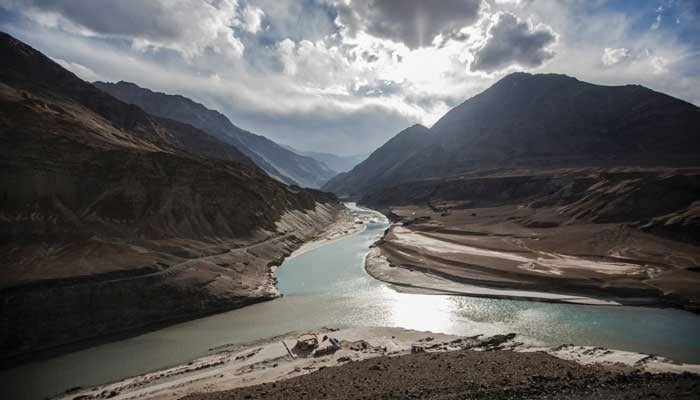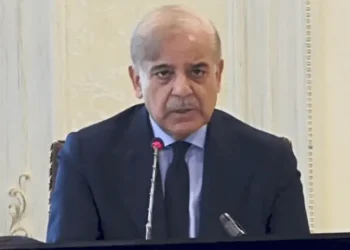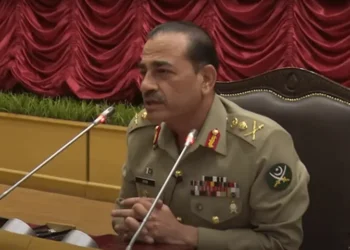MNN (Web Desk); In a rare development following months of heightened tensions, India has formally contacted to share advance warning about potential flooding. According to official sources, New Delhi alerted Islamabad about the risk of a major flood in the Tawi River in Jammu, with the message delivered through the Indian High Commission in Islamabad on the morning of August 24.

Ayaz Sayed, correspondent of Geo News, quoting official sources, reported that this was the first significant communication of its kind since the May military confrontation between the two nuclear-armed neighbours. Pakistani authorities, after receiving the message, promptly issued warnings based on the information provided by India, the sources confirmed.
This development comes against a backdrop of strained relations. In April, 26 people were killed in an attack in the Pahalgam area of Indian Illegally Occupied Jammu and Kashmir (IIOJK). India accused Pakistan of orchestrating the assault, a claim that Islamabad strongly denies. Using this allegation, New Delhi suspended engagements under the IWT and later launched military operations against Pakistan in May, leading to the heaviest clash in decades before a U.S.-brokered ceasefire halted hostilities.
The Indus Waters Treaty, signed in 1960 with World Bank mediation, governs the use of water from six major rivers flowing from India into Pakistan. The treaty allocated the eastern rivers — Sutlej, Beas, and Ravi — to India, while granting Pakistan rights over the western rivers — Indus, Jhelum, and Chenab. Despite enduring three wars and numerous crises, the treaty has long been seen as a rare stabilizing mechanism between the two rivals. Crucially, the treaty does not allow either party to suspend or terminate it unilaterally and contains detailed dispute-resolution mechanisms.
However, tensions over water sharing have escalated in recent years. Pakistan accuses India of building upstream dams and barrages that unfairly reduce water flows vital for its irrigation and hydropower. Islamabad insists these projects jeopardize its agriculture, which relies on the Indus system to feed nearly 80 percent of its farmland. India, in contrast, argues its projects comply with treaty provisions and accuses Pakistan of deliberately dragging disputes into lengthy arbitration.
Earlier this year, India announced it would keep the treaty “in abeyance” until Pakistan renounced alleged support for cross-border militancy — a step Islamabad dismissed as illegal and tantamount to an act of war. In early May, water levels at one key receiving point in Pakistan briefly dropped by up to 90 percent after India conducted maintenance on certain Indus projects, sparking further alarm over water security.
Despite the suspension, a breakthrough came in June when the Permanent Court of Arbitration in The Hague ruled in Pakistan’s favour, affirming that India’s unilateral moves could not override the jurisdiction of the Court or a Neutral Expert under the IWT. Islamabad hailed the ruling as a “key victory” and urged India to restore normal treaty functions without delay.
Experts warn that while India lacks the storage capacity to immediately choke Pakistan’s water supplies, any disruption in data-sharing — such as flood alerts — could gravely endanger millions of lives. The latest communication over the Tawi River flood threat is therefore seen as a small but critical step, indicating that even in times of hostility, the treaty’s mechanisms remain indispensable for managing shared water resources.





































































